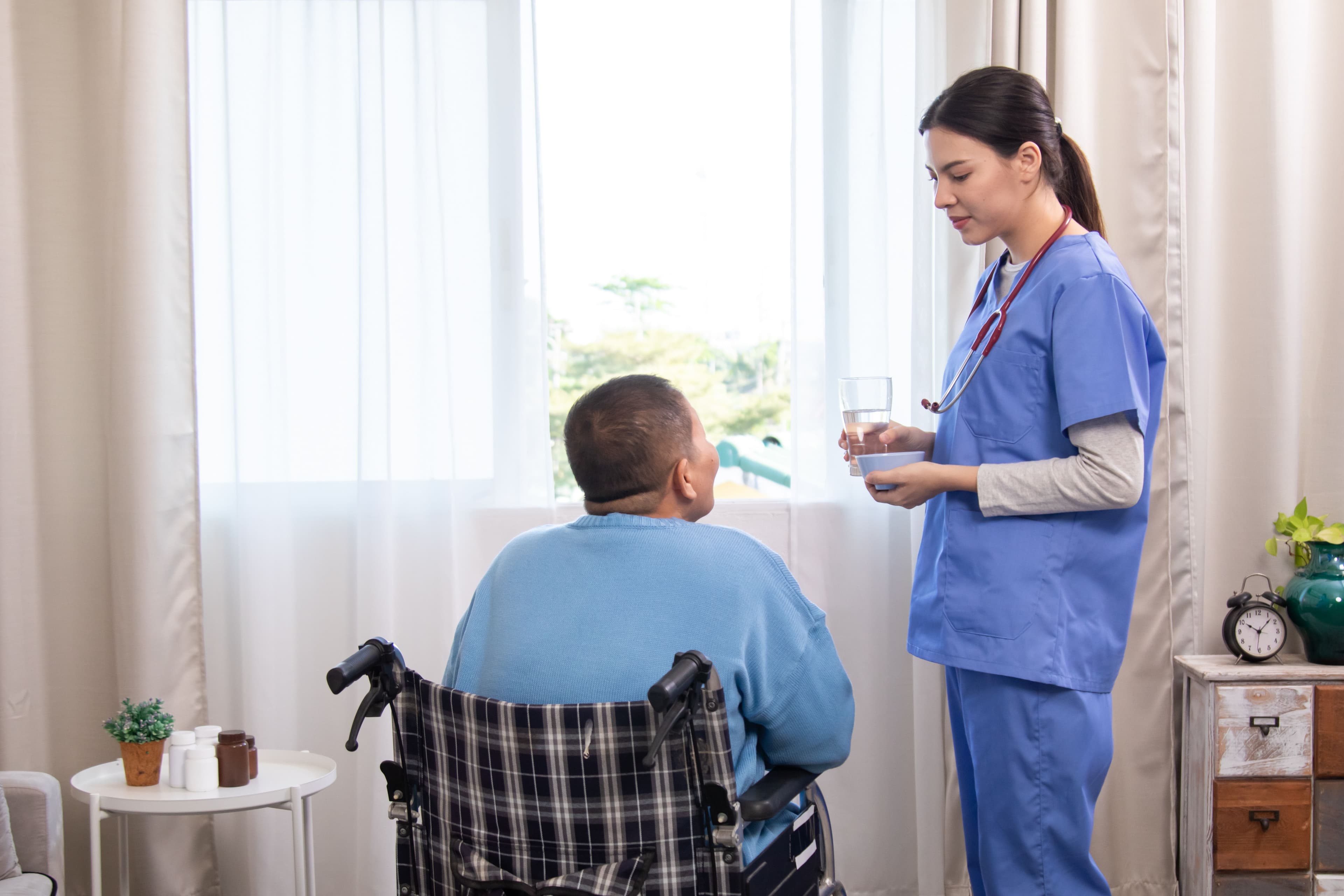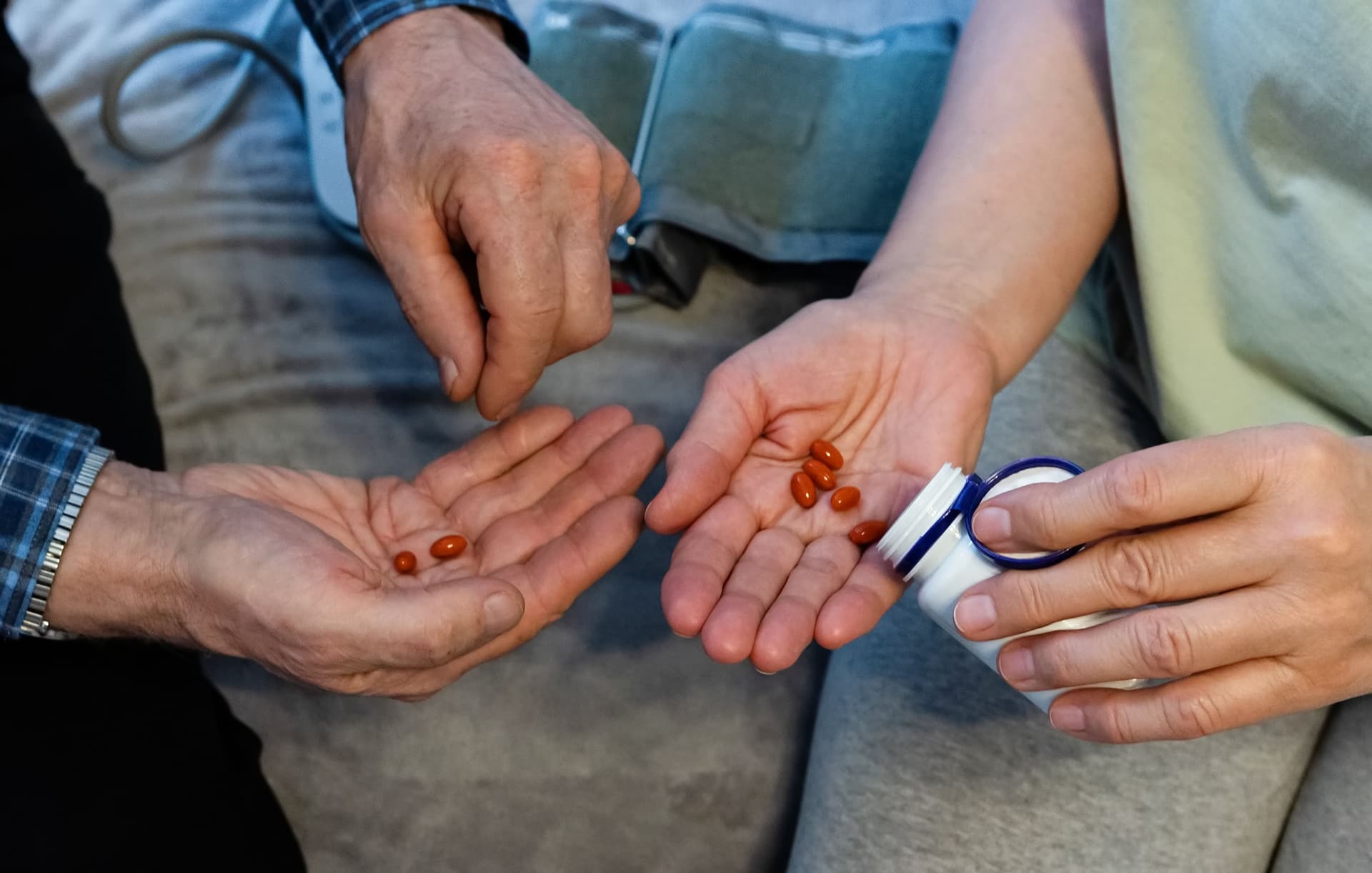
Nursing home abuse and neglect put vulnerable residents at serious risk, leading to malnutrition, dehydration, infections, and preventable injuries. When facilities fail to provide adequate care, residents suffer, and families are left feeling helpless. Lack of supervision, improper medical treatment, and unsafe conditions can result in devastating harm. Understanding the warning signs, knowing your legal rights, and holding negligent facilities accountable are crucial steps in protecting your loved ones. Learn how to take action and seek justice.
October 1, 2025
3 min
When families place an elderly loved one in a nursing home, they want reassurance that the facility is safe, compassionate, and well-managed. But how can families truly know what happens behind closed doors when they are not present? One of the most important safeguards comes in the form of state inspections of nursing homes. These inspections are designed to enforce standards, uncover neglect, and ensure residents are treated with dignity and respect.
While no system is perfect, inspections remain a cornerstone of accountability in long-term care. Understanding how they work, what they look for, and where they sometimes fall short can empower families to protect their loved ones.
The nursing home industry is massive, serving millions of seniors nationwide. Unfortunately, the combination of high demand, chronic understaffing, and financial pressure has led to systemic problems in many facilities. Stories of untreated bedsores, residents left in soiled clothing, or falls caused by lack of supervision are far too common.
State inspections act as an essential check on these problems. They ensure that facilities receiving federal funds (through Medicare or Medicaid) comply with the Nursing Home Reform Act of 1987 and other regulations. Without inspections, facilities could cut corners unchecked, leaving vulnerable residents at greater risk of neglect and abuse.
Every certified nursing home must undergo a standard inspection at least once every 9 to 15 months. These are typically unannounced, meaning facilities do not know the exact day inspectors will arrive.
During an inspection, surveyors may:
The goal is to identify whether the facility meets federal and state care standards. If violations are found, inspectors classify them by severity — ranging from minor deficiencies to “immediate jeopardy,” where residents are at serious risk of harm.
Inspections often reveal patterns of neglect or unsafe practices. Some of the most common violations include:
Each of these issues represents not only regulatory noncompliance but also real harm or danger to residents.

While inspections are critical, they are not flawless. Families should understand that:
This means that while inspection reports are valuable tools, they should not be the only source of information families rely upon.
Despite their limits, inspection reports remain powerful resources. They are publicly available through Medicare’s Care Compare website or state health department portals. Families can use these reports to:
Reading these reports gives families a clearer picture of a facility’s track record. A home with multiple serious violations may not provide the level of care promised in glossy brochures or tours.
Since inspections alone cannot guarantee safety, families should take additional steps to monitor care:
Active family involvement remains the most effective way to catch problems early — inspections should be viewed as one layer of oversight, not the only one.
When inspections uncover serious violations, families may have grounds for legal claims. A documented failure, such as ignoring fall risks or violating infection control, strengthens the argument that a facility acted negligently. Inspection reports often serve as crucial evidence in lawsuits or regulatory hearings.
Advocates argue that inspections need reform. Suggestions include:
Until these improvements are made, families must remain proactive in ensuring their loved ones are safe.
State inspections are one of the strongest tools we have to protect seniors in nursing homes. They uncover neglect, enforce regulations, and provide families with critical information. But inspections are not foolproof, and they cannot replace the vigilance of families who remain actively involved in their loved one’s care.
If you believe your loved one has suffered because a facility ignored regulations or failed to provide safe conditions, you are not alone. Attorney Michael Hill is committed to helping families hold negligent nursing homes accountable and to ensuring that residents live with the dignity and safety they deserve. With knowledge, advocacy, and legal support, families can demand better and drive change in elder care.